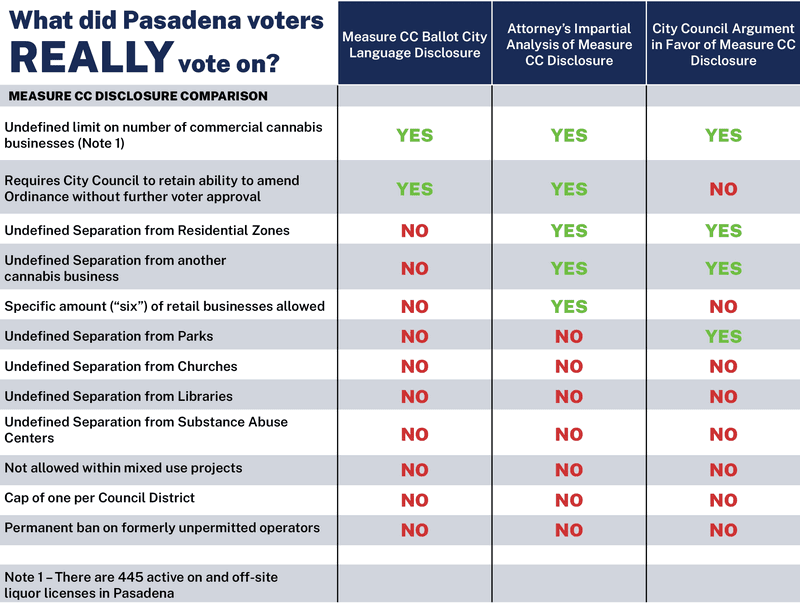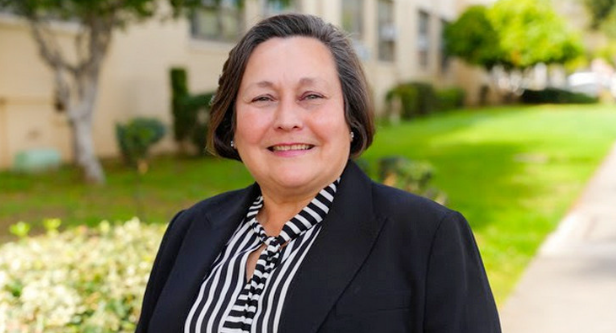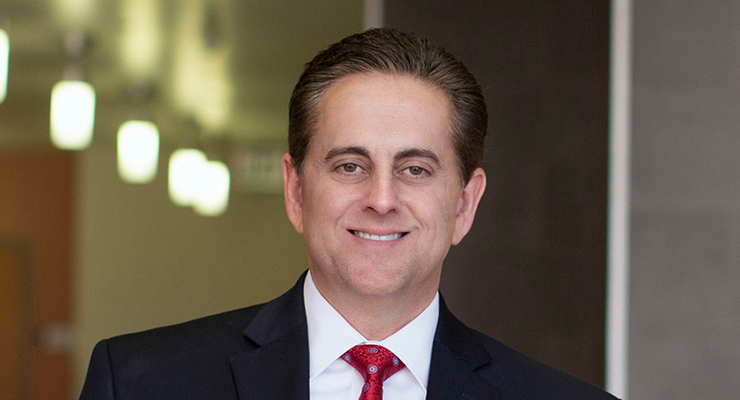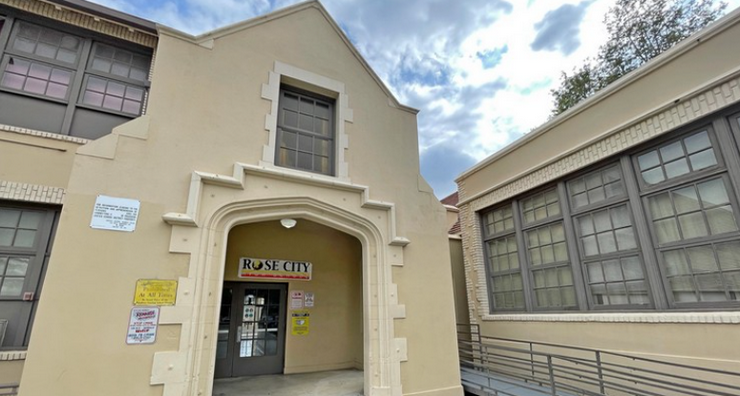 Pasadena’s current cannabis ordinance represents one of the worst, and most easily avoided, public policy failures in Pasadena history.
Pasadena’s current cannabis ordinance represents one of the worst, and most easily avoided, public policy failures in Pasadena history.
This now three-year-old poorly crafted and implemented law has exposed the City to multiple lawsuits (in the latest fiscal year the City Attorney’s office was $2 million or 25% over its approved budget, it doesn’t need more trouble), potentially tens of millions of dollars in legal liability and doesn’t seem to have achieved any of its stated public policy goals.
With the expensive failure of Pasadena’s commercial cannabis ordinance now self-evident, opponents who resist any efforts to resolve the problems in the ordinance claim they can use mind-reading skills to determine “voter intent.” As we shall see, much of the information they claim inspired “voter intent” was either never or haphazardly disclosed to voters in election materials.
Pasadena’s current cannabis ordinance (Measure CC) wasn’t placed on the ballot by voter initiative. It was written by City staff and significantly edited by the then City Council before it was placed on the ballot.
It was created as a response to a voter initiative that would have overturned the City’s decades-long hostility to legalized cannabis, even though a landslide majority of Pasadena voters had voted to legalize cannabis in 1996 and again in 2016.
In his ballot argument for Measure CC, the former Mayor claimed Measure CC was a “cautious approach.” But in my opinion, Pasadena’s current cannabis law was crafted by the then City Council (led by defeated Mayor Terry Tornek) as a deceptive bait and switch political tactic to continue to resist cannabis legalization as much as possible. The bait was the claim that its primary purpose was to repeal Pasadena’s cannabis sales prohibition. As usual, the switch was in the fine print.
Here is the exact language that appeared on the June 5, 2018 Ballot regarding Pasadena’s Measure CC (visit https://www.pasadenaequity.
“Shall an ordinance be adopted to allow a limited number of commercial cannabis businesses to operate in Pasadena, subject to business, health and land use regulations, and to repeal the City of Pasadena’s current ban on commercial cannabis businesses, provided that: (1) the ordinance shall not take effect unless voters approve a Cannabis Business Tax, and (2) the City Council retains authority to amend existing ordinances and adopt future ordinances regarding commercial cannabis business activities?”
As you can see, there is no mention of the actual number of businesses allowed, no mention of any specific distance or separation requirements, no mention of a cap of one per Council District and no mention of permanently banning formerly unpermitted operators rather than grandfathering them as many major California cities did when legalizing cannabis.
A close examination and comparison of the ballot materials supplied to voters for Measure CC (the Ballot Language, the Ballot Argument in Favor of Measure CC authorized by the City Council and the City Attorney’s Impartial Analysis of Measure CC) reveals the following:

The Ballot Language itself states only that it repeals Pasadena’s cannabis ban, allows an undefined “limited number” of commercial cannabis businesses, and requires the City Council to retain authority to amend the commercial cannabis ordinance without further voter approval. Given that there are 445 active on and off-site liquor licenses in Pasadena (a single block in Old Pasadena has twelve on-site consumption liquor permits) it could reasonably be concluded that a “limited number” could be a dozen or more locations. I remember at one hearing that City staff claimed the city can support as many as 14 locations.
As the chart above shows, the actual Ballot Language, City Attorney’s Impartial Analysis of Measure CC and the City Council approved Argument in Favor of Measure CC fail to disclose Measure CC’s separation requirement from churches, libraries, or substance abuse centers, a cap of one per Council District or a permanent ban on formerly unpermitted operators.
It seems to me the voters could not have specifically intended to enshrine these items into law — because they were not disclosed to the voters anywhere in the election materials.
Several other items in Measure CC were disclosed to the voters in what I can only describe as a haphazard fashion.
The Impartial Analysis and Ballot Argument (but not the ballot language) discussed undefined separation distances from residential zones and between cannabis businesses.
The one mention of a specific limit of six retail businesses is buried in the City Attorney’s Impartial Analysis of Measure CC. This specific limit is not in the ballot language, or the Argument in Favor of Measure CC authored by former Mayor Terry Tornek.
In conclusion, the one provision clearly disclosed in both the Ballot Language and the City Attorney’s Impartial Analysis is the requirement that the City Council retain the power to amend the commercial cannabis ordinance without future voter approval.
Based on my experience in the cannabis industry, I am convinced that amending the cannabis ordinance could produce more than 1,000 additional jobs and more than $4 million in additional tax revenue for the City.
The City Council should act without further delay.
Shaun Szameit is the former operator of the Golden State Collective cannabis dispensary located at 50 North Mentor Avenue in Pasadena that was closed by the city in 2018.



















4 thoughts on “Guest Opinion | Shaun Szameit: Pasadena’s Cannabis Ordinance Represents One of the Worst Public Policy Failures in Pasadena History”
It is generally required that a newspaper disclose the potential bias of an op-ed author either under the signature or at the tail of their printed opinion. While I, too, agree that the Pasadena ordinance is badly-worded, lends itself to endless lawsuits, and subjugates the will of voters, I feel that Pasadena Now should have disclosed the author’s conflict of interest here, since Shaun is a cannibas entrepreneur and a member of the Golden State Collective (a loose association of independently owned dispensaries) -and as such is in a position to benefit financially from the publication of this op-ed piece. Transparency is a necessity for a well-informed electorate, and it is the duty of the fourth estate to provide that transparency.
It was inadvertently omitted.
You are owed nothing. Put the effort into expanding rather than writing pointless op-eds. You could have opened two stores in other cities since the time you have lost in Pasadena.
Thank you Shaun, we loved your place and appreciate your efforts in this matter! Another thing is that we were told this would help public schools with the tax revenue. In my estimation due to the poor roll-out and punitive measures taken against you and others there isn’t enough money and they had to close schools in 2019. And my understanding is that the current mayor wanted the ban to remain in place and has been as much or more of a roadblock than the former…